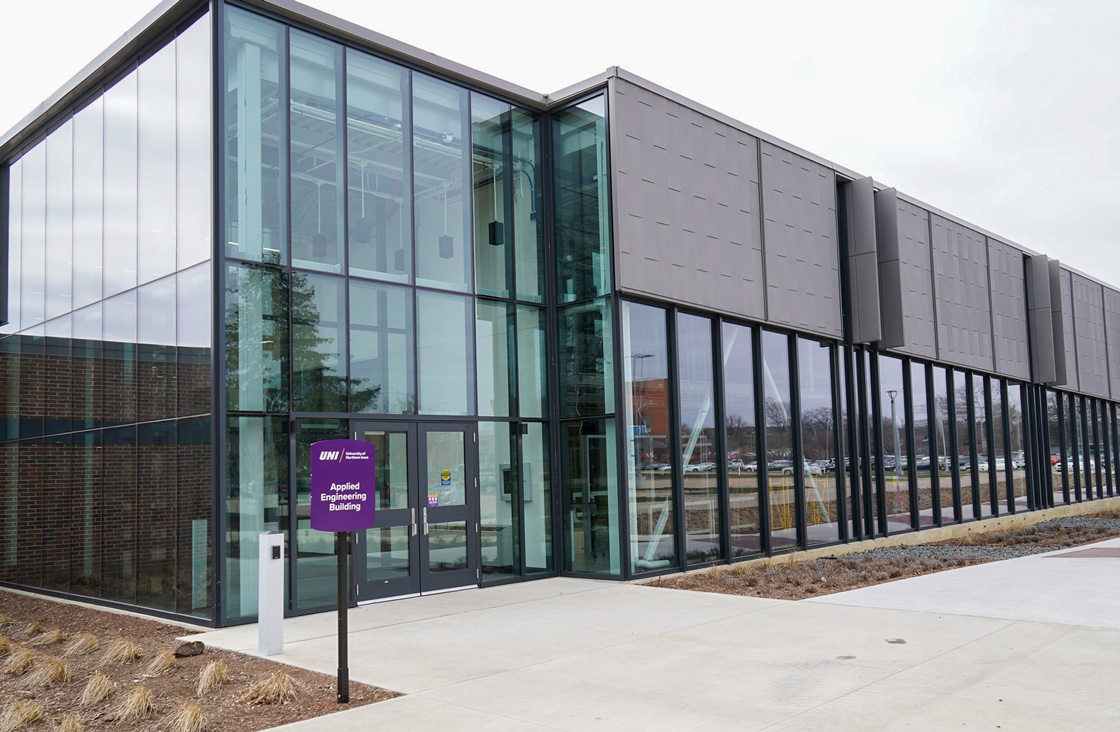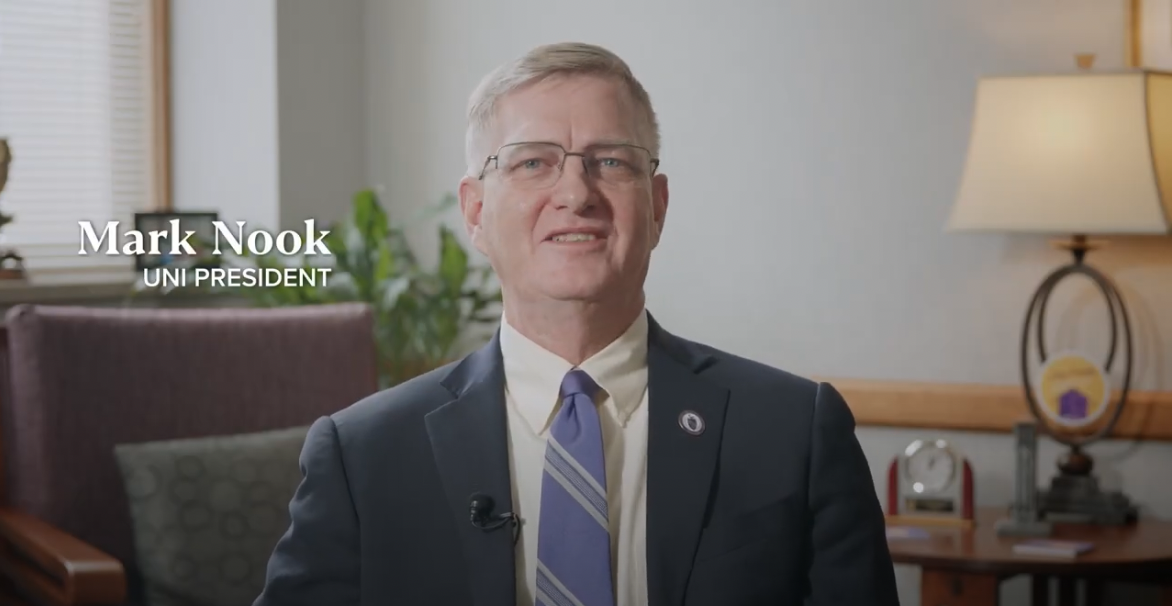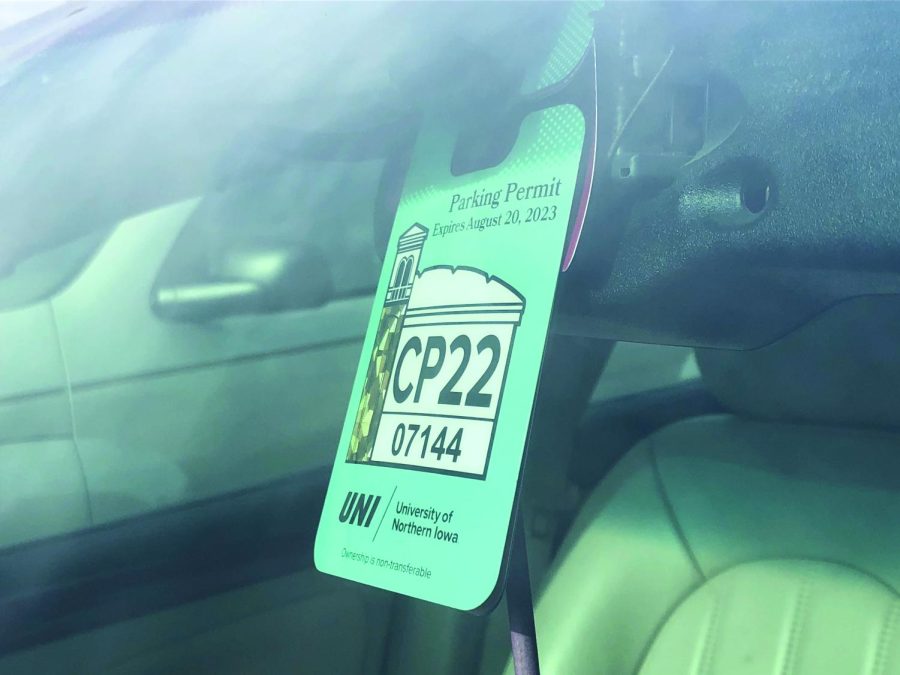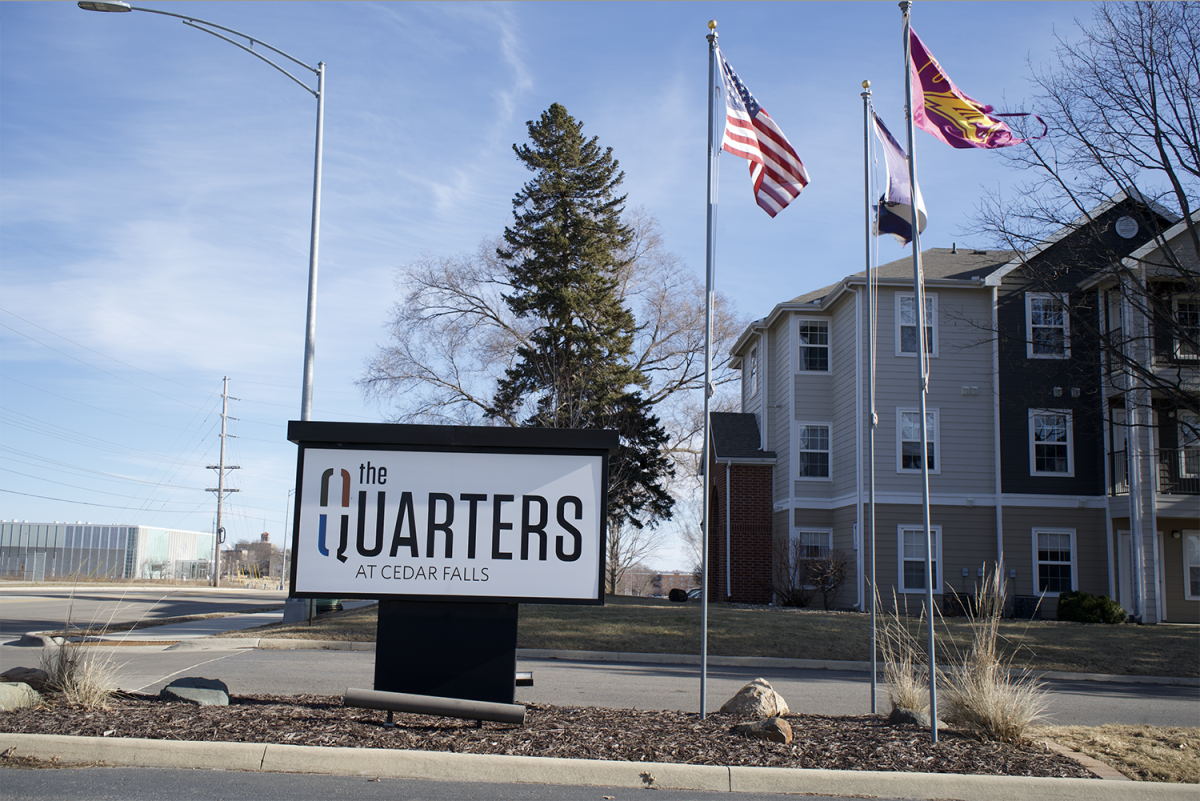As a student on campus, you’ve probably grown accustomed to using the various campus computer labs for printing, software such as Adobe Creative Cloud and general computer needs. You’ve probably noticed the presence of a student employee, a Customer Service Assistant, whose main duties include managing printer issues and restocking printer paper.
There will be fewer CSA employees next year; Information Technology Services plan to implement the reduction of the currently four CSA-staffed labs to one: the Maucker Union. This will mean changes to approximately 10-15 student employed positions.
“It’s harder and harder to justify paying the wages out that we pay just for someone to sit there and put paper and toner in the printer,” Arnold said. “We want to make sure we are providing more technical support.”
The new plan will revolve around retraining current CSA’s to work in positions more centralized to the ITS User Services’ consulting center, located at the ITTC on campus, and more technical-based.
“So it’s not like we are firing, or letting go or downsizing anybody, it’s just that the people that work for me today might have a different job description should they choose to stay on with us,” said Ben Arnold, interim director for ITS user services.
Arnold said that a major part of the proposed changes is the introduction of a support system application, a technology called “Bomgar,” that would provide a chat service on all of the campus computer lab computers.
If students encounter an issue, this system would allow them to chat with an ITS rep who can take over for the student on their own screen.
Issues such as paper replacement and printer difficulties, previously the responsibility of the CSA on duty, will be now be handled jointly by “runners” — employees who check on each of the labs every hour — and non-ITS employees who work in the buildings where each lab is housed.
“In the WRC, they [non-ITS employees] play a big role in seeing that the paper gets refilled. Those are a couple of things [to address those issues]; we’ll have more runners in addition to forming these partnerships,” Arnold said.
Arnold said that these changes emerged from within ITS as a response to the TIER study, which examines ways to improve efficiency and reduce spending within UNI.
Arnold feels that allocating money from the technology fee administered to students, which has been used to pay CSAs, in order to provide more technical support would better serve the student body.
Abigail Cornett, freshman public relations major and currently a CSA, feels that the changes could improve the efficiency of the labs because the CSA sometimes needs to help multiple people. A chat service would be an additional resource, so she sees the changes as positive.
“Obviously, you won’t see a face when you come into most of the labs, but students are in a hurry anyway and maybe won’t notice that,” said Cornett.”
ITS also has plans to implement a web-based printing system in which students upload files from their own device through a “web portal” and can print on campus facilities. The Maucker Union and the Rod Library have already incorporated this system to a degree.
According to Arnold, 97 percent of students own their own laptop, so the goal is to cater to that demand for “print from your own device” initiatives.
More long-term goals would be finding ways to allow students access to expensive software such as Adobe Creative Cloud, one reason why many students use the campus labs, in a virtual platform.
“We always kind of struggle with reaching the student body in terms of getting ideas on what they want to see implemented or on what they want to see going forward … I’d love to see [students] get in touch with the consulting center or with me,” Arnold said.








